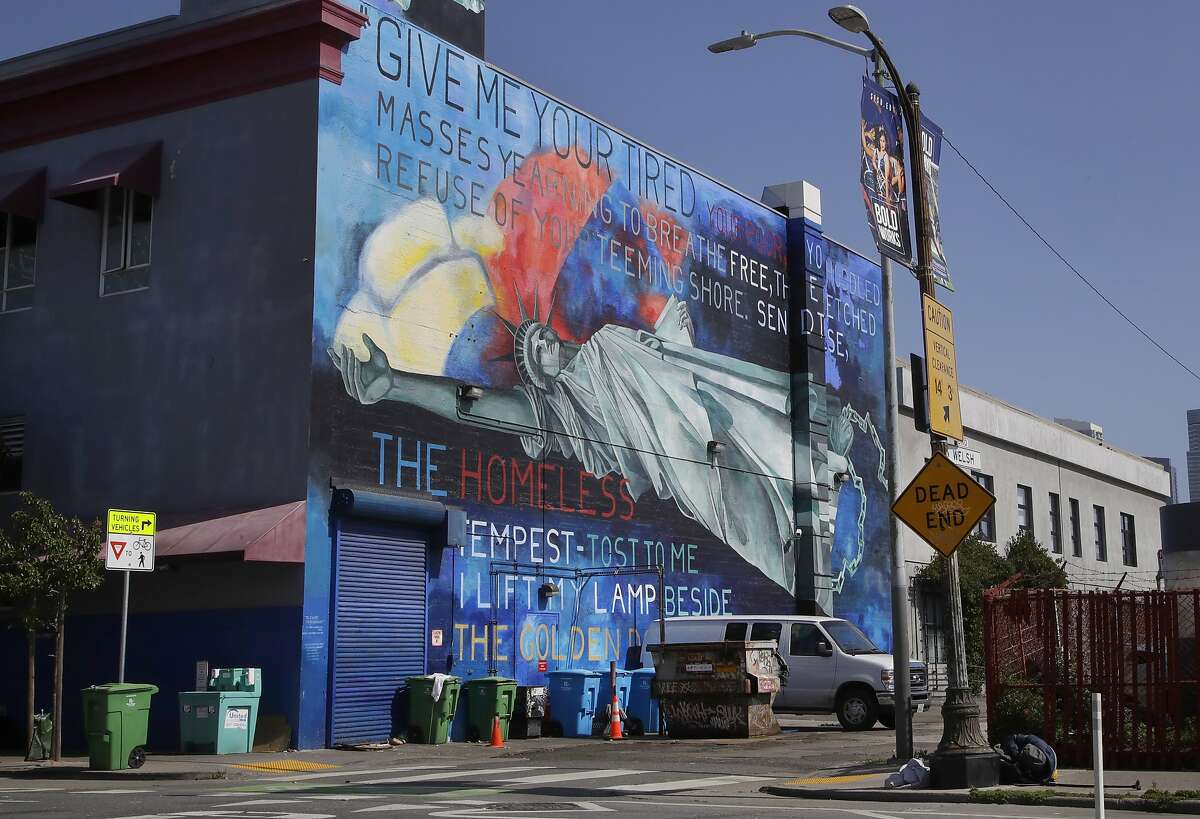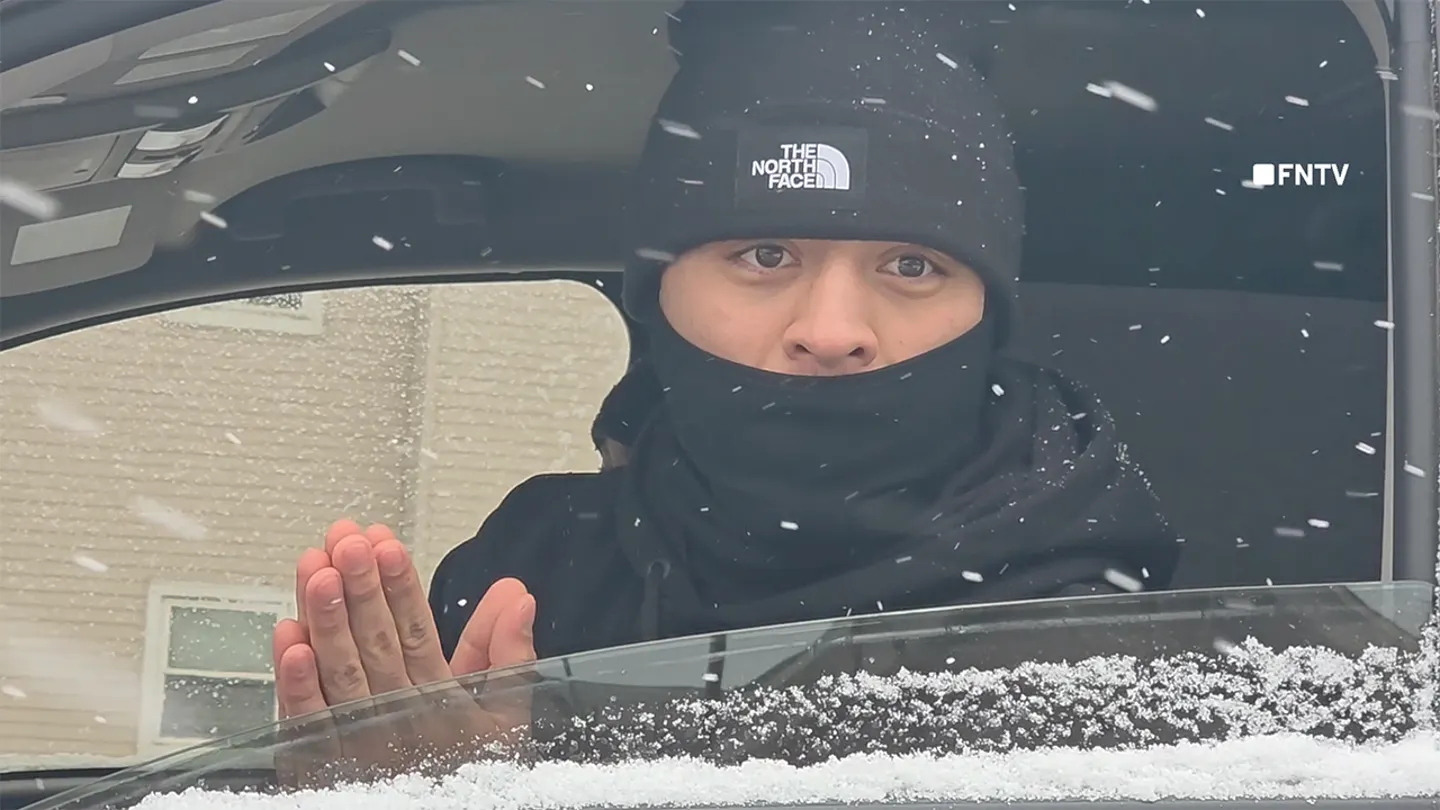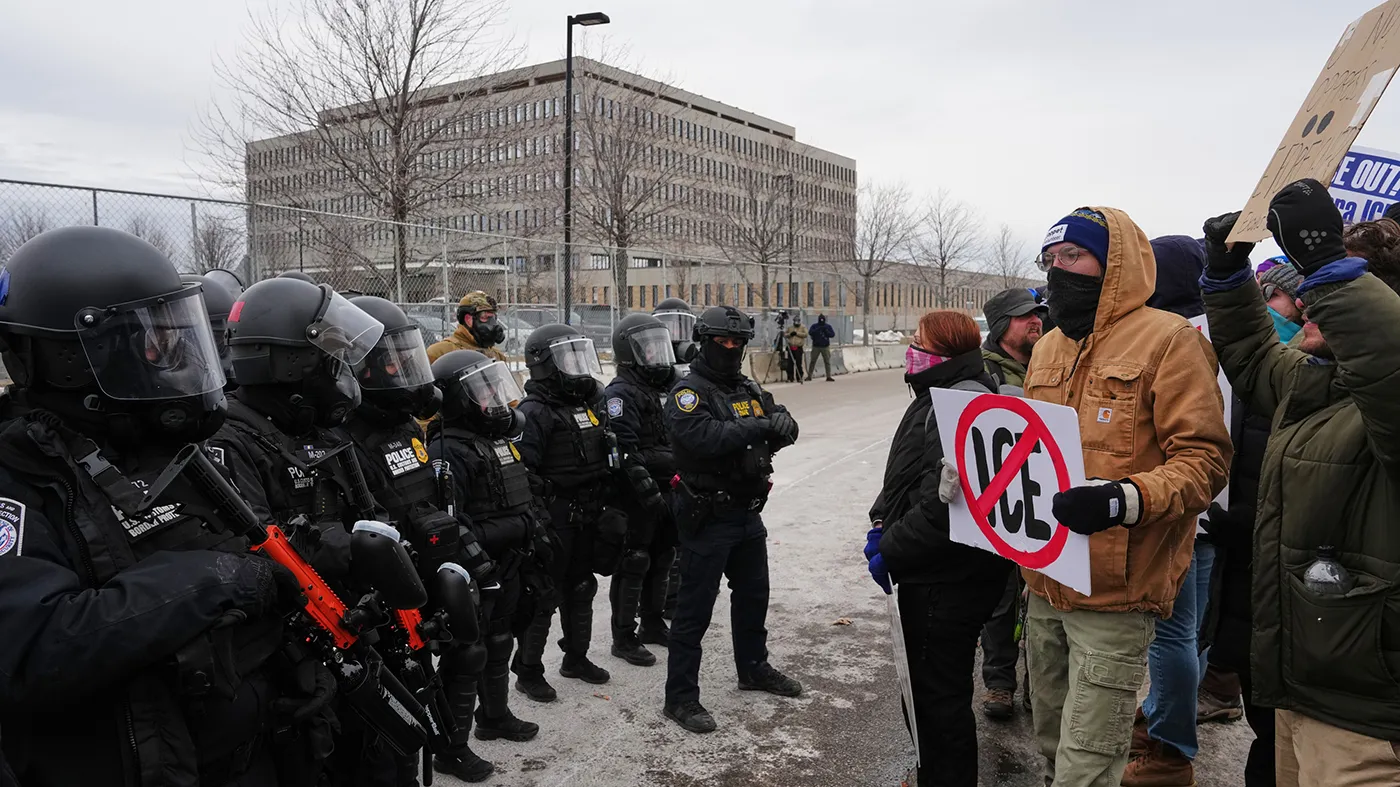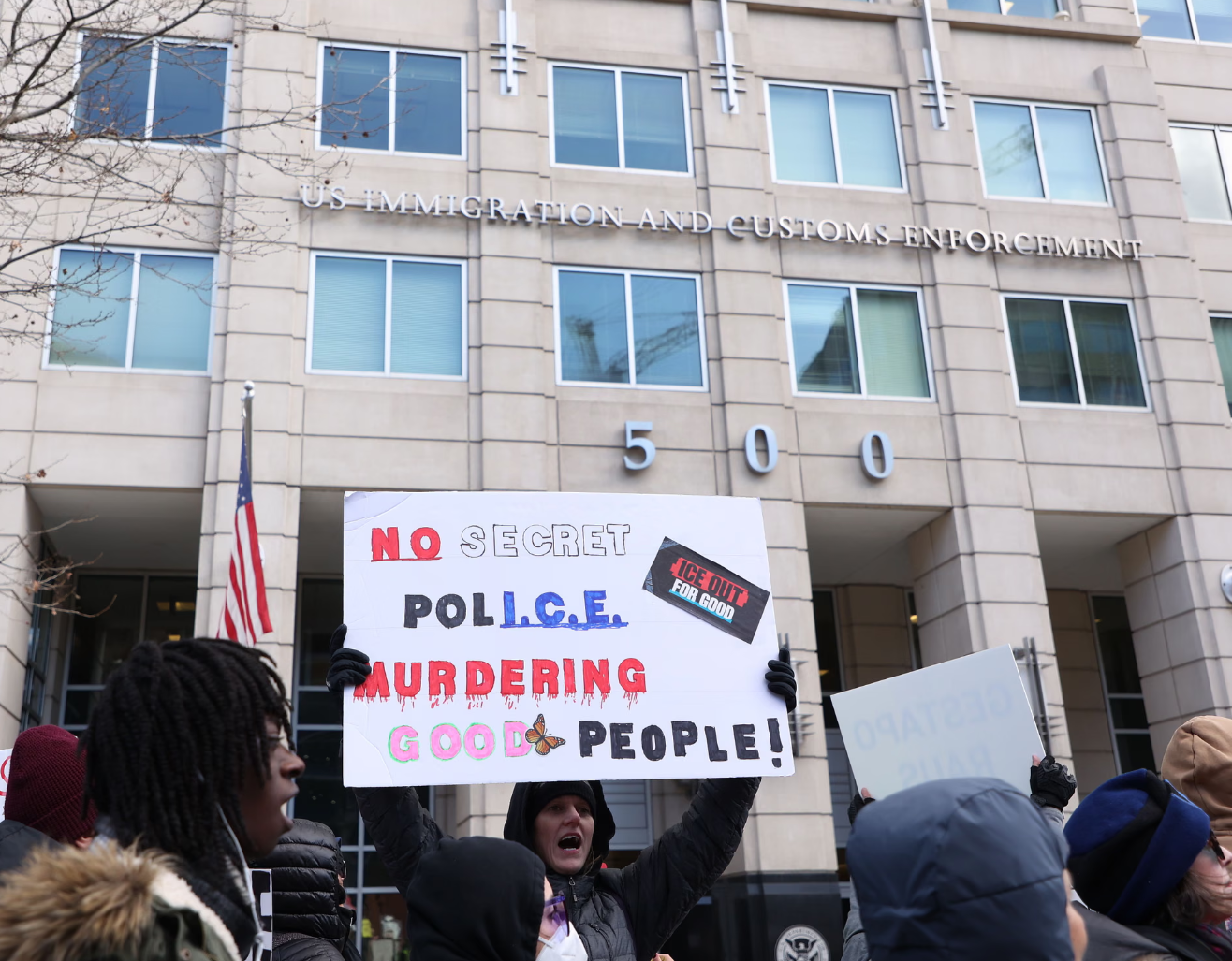A measles outbreak in Ohio is raising concerns about the spread of the disease and how a decline in vaccination rates among children might be leading to additional outbreaks.
Eighty-five cases have been reported in Ohio as of Friday, mainly in Columbus and other parts of Franklin County, according to Columbus Public Health. Most of these cases were in unvaccinated children. Hospitalization was required for 34 of those who were infected.
It’s not the only recent measles outbreak in the country.
Minnesota experienced 22 cases last year in the Twin Cities area.
The outbreaks, which come amid a rise in anti-vaccine sentiment, are raising worries among health experts about whether lower vaccination rates will lead to further spread of diseases that can be safeguarded against by vaccines.
“With any of the vaccine preventable illnesses, we always worry about when there’s not enough herd immunity,” says physician Susan Koletar, director of the Division of Infectious Diseases at The Ohio State Wexner Medical Center.
Herd immunity occurs when enough people are immune through vaccination or natural infection to stop an illness from spreading. Measles is so contagious that immunization rates need to be at least 95 percent to eliminate the disease.
The Ohio outbreak began in October 2022, with the bulk of cases occurring in mid-November to early December. These community cases are thought to be linked to one of four travel-related measles cases, says physician Mysheika W. Roberts, who is the health commissioner for Columbus.
Although most of the cases are in unvaccinated children, six of the children had received their first of two doses of the combined measles, mumps and rubella (MMR) vaccine. Another twenty-four of the children were too young for any doses, according to the agency’s website.
The U.S. was declared measles-free in 2000, but travelers periodically bring in infections. People who visit countries where measles is endemic, meaning there is regular transmission in the population, can return to their home communities and seed a local outbreak.
“The mere fact that individuals who were not vaccinated, traveled to a measles endemic country and then were allowed to come back into the United States, where they likely instigated this outbreak is concerning to me as a public health professional,” says Roberts.
What we know about the Ohio measles outbreak




